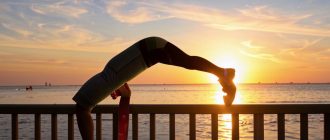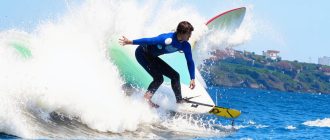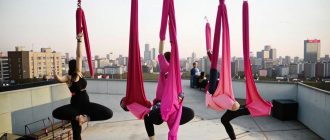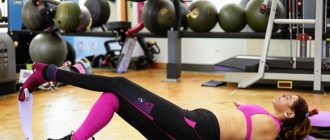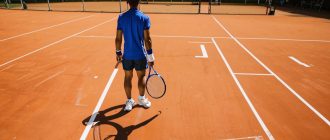Most modern fitness clubs and studios offer to forget about the usual trips to the gym for a while and try group classes in various directions. One of the most popular trends of sports life turned out to be stretching (stretching). But to achieve good flexibility or sit on the twine thanks to the usual stretching, you need to have patience and willingness to overcome pain, and not everyone is ready to face it. Question: is it possible to become flexible a little less painfully and, if possible, with more benefit?
To find the answer, “Championship” visited a training session on aerostretching, which is otherwise known as “delicate stretching”. It is useful not only because it helps people achieve flexibility and stretching, but also has a positive effect on the health of the spine. After a class at the Topstretching studio we talked to our trainer Anastasia Bystrova to find out what aerostretching is, who it is suitable for and what its advantages are.

Aerostretching: what’s important
Anastasia Bystrova: Aerostretching is based on stretching the spine and the whole body under the influence of one’s own weight using a hammock. The advantage of aerostretching is that it is a rehabilitation safe stretching of the spine. Since nowadays a lot of people suffer from various diseases in the back area, this practice is considered very useful. Hanging upside down without any extra equipment under the weight of your own body makes it very easy, as a result of which your whole body is stretched naturally.
In aerostretching every muscle is working. With the help of aerostretching people sit on twines, stretch their backs, open their chests and become fully flexible: from the tips of their toes to the top of their heads.
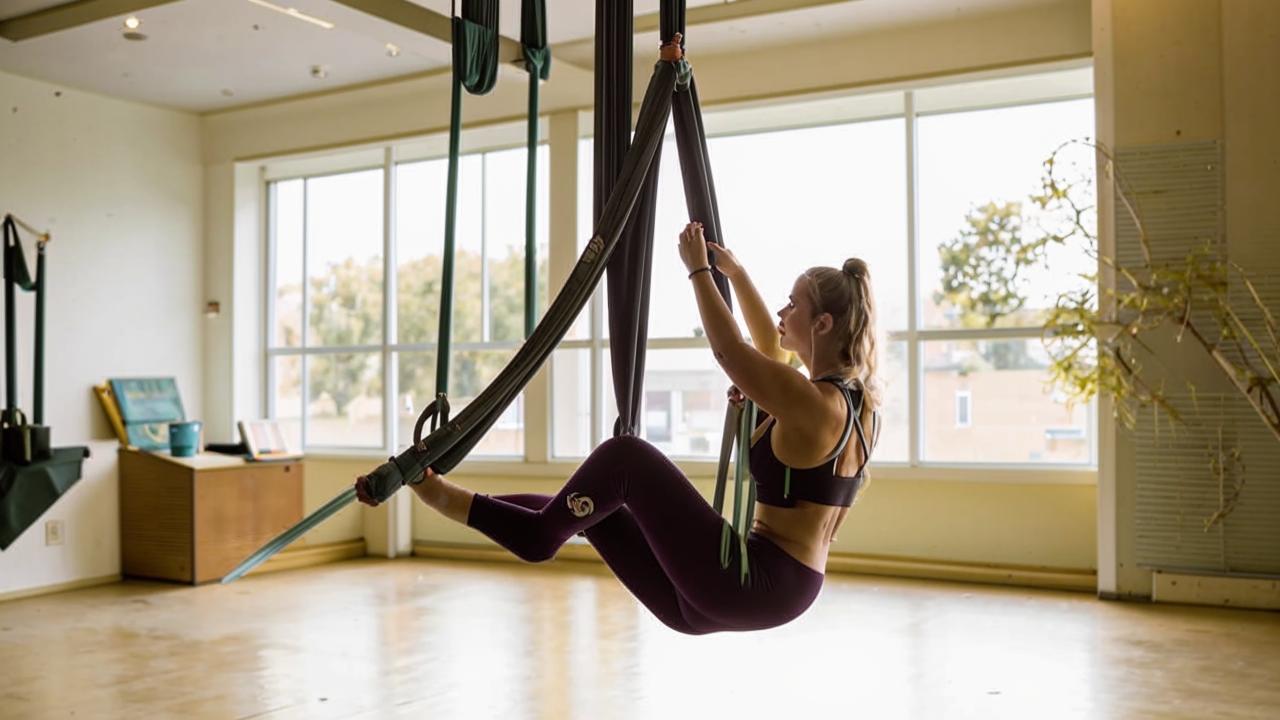
Aerial stretching is more effective than regular stretching precisely because of the inverted positions. Also the hammock allows you to relax more, stretching is softer due to the fact that you feel as if you are in weightlessness or in water. In this way, there is a rather gentle support, a delicate stretching. I call aerostretching delicate stretching: no one pulls you to the floor, no one sits on you and no one hurts you.
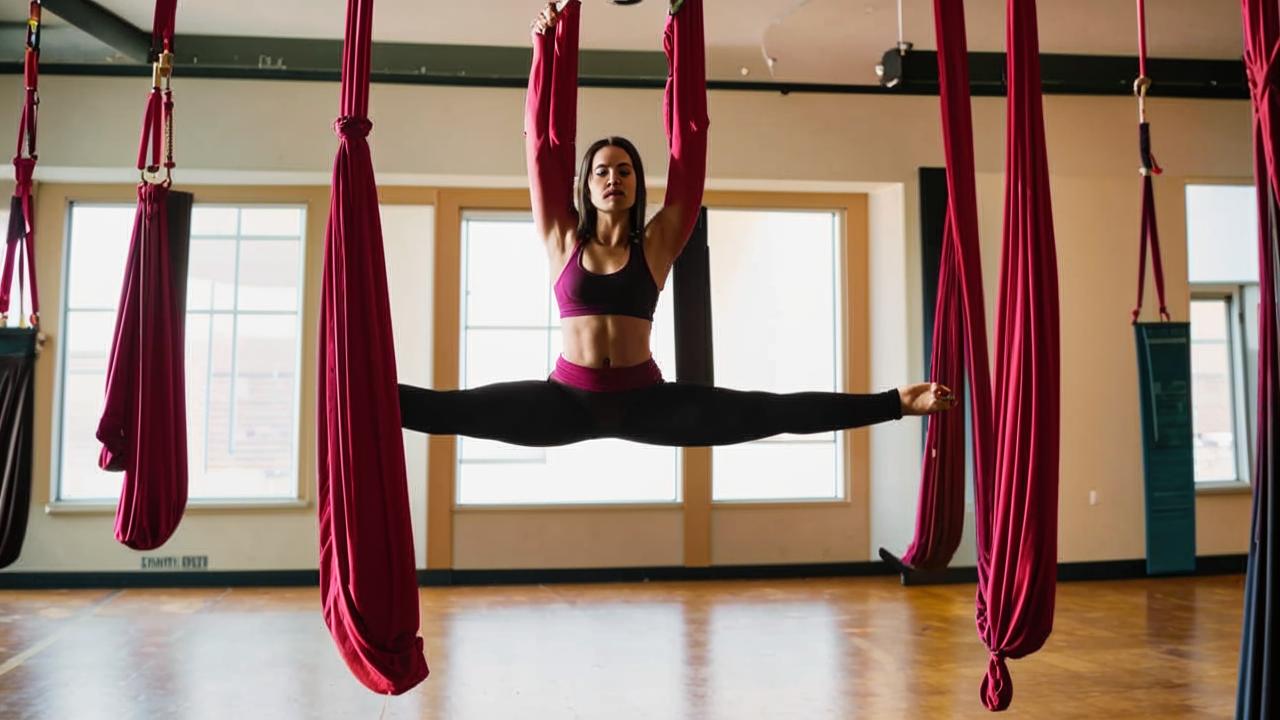
Basically aerial stretching is based on yoga. And everything associated with the word “yoga” has a rehabilitative approach. Stretching can be different: you can just stretch something, thus possibly getting some injuries, and you can do it delicately!
– What is the benefit of hanging upside down and relaxing?
– This state is very useful because the blood rushes to the brain, and it is saturated with oxygen. We start the process of forming new neural connections. As a result of this process, an invigorating effect is created. After a coup people often feel cheerful, feel a boost of strength and energy, some people laugh, some people cry, but in a good way. The point is that during such an activity the organism undergoes a pleasant stress. A lot of clamps go away, muscles relax, it leads to an emotional release.
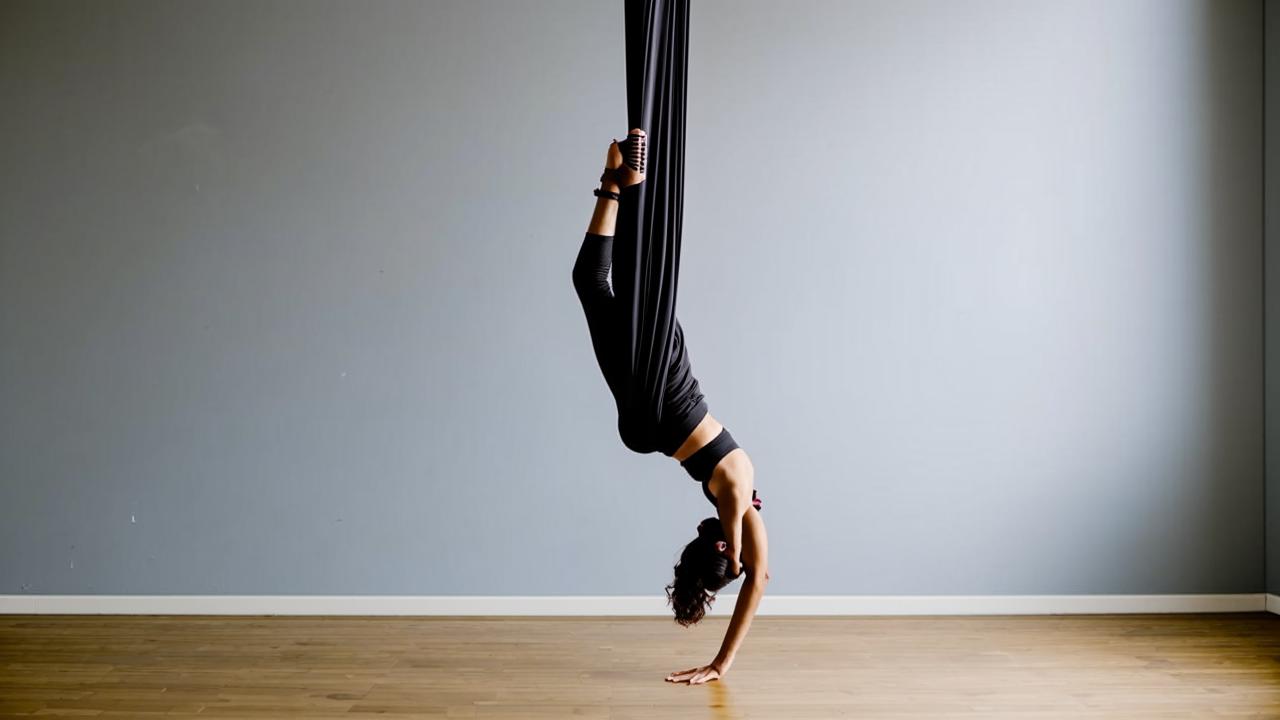
But in no case should you leave the head-down position abruptly. You should turn over carefully, because otherwise it can cause dizziness and unpleasant sensations. Rise from the head-down position slowly enough and then take the position of head to knees. It is also important to knead the ankle, as we may feel numbness in the limbs due to the fact that blood has rushed to the head and we need to restore blood circulation.
– How long does it take to become flexible with aerostretching?
– You can become flexible in terms of keeping your back straight and stop being a “wooden Pinocchio”, when you can’t bend down and reach the floor with your palms, on average in three months. With twine, everything is very individual: someone will need three months (someone who once did something as a child, for example, and who has a good muscle memory), someone – six months, someone – a year. Thanks to aerostretching I sat on the twine in six months.
– How many days a week should be devoted to such training?
– I advise you to start with two times a week. Once a week is very little, for a week the muscles have time to adapt and return to their original state. But twice a week is ideal to start with. If there is a desire to quickly sit on the twine or master flexibility, it would be good to do three times a week. Basically, a break of 48 hours is a great break.
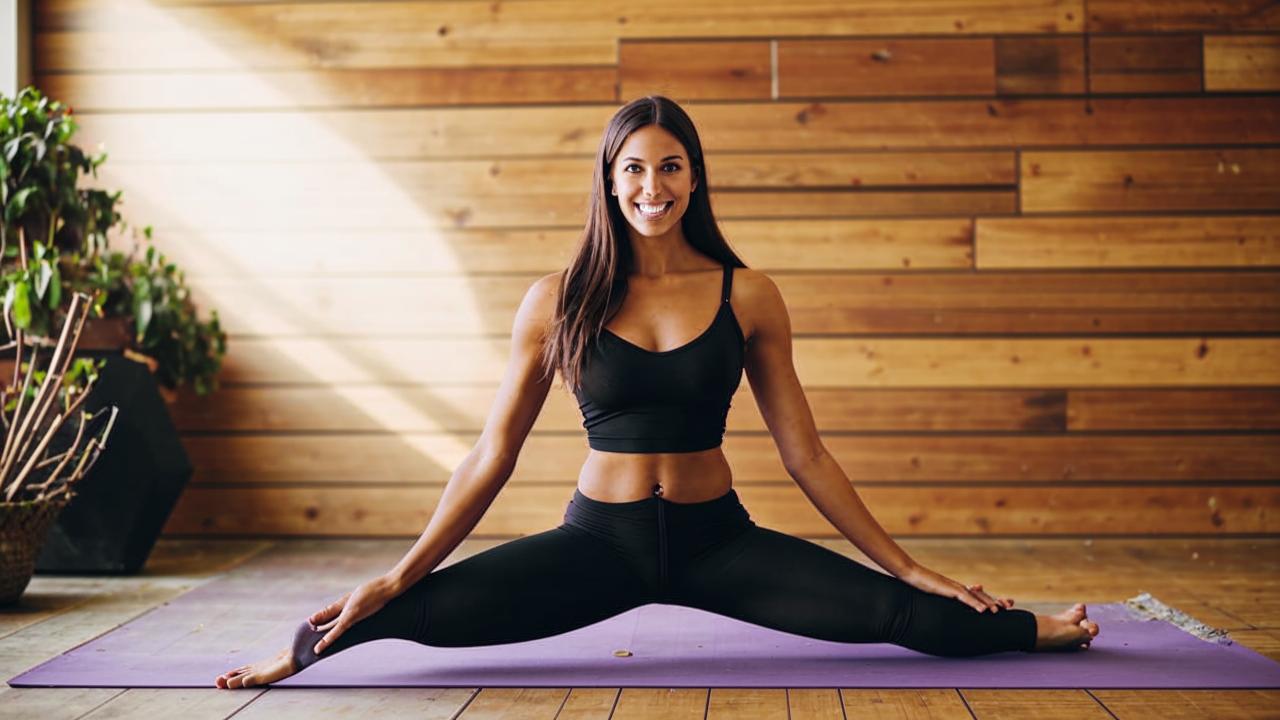
Caution. Contraindications: it is not recommended to exercise with low or very high blood pressure, heart defects, hypertension, pregnancy, glaucoma. Girls are not recommended to turn upside down exactly during the menstrual cycle. Also, of course, you need to pay attention to your physiological features. In addition, we have an age limit – from 12 years old.
Three tips for beginners:
1) Take your decision to take aerial stretching seriously
Since we are in weightlessness, we work with very mobile equipment, we use our body weight, we need to find balance and achieve harmony, it is necessary to approach it responsibly and not to perceive the class as entertainment or an opportunity to take a nice photo.
2) Listen carefully to the instructor
He always knows what to do and will guide you and give you advice. Try not only to repeat after him, but also to include your head, because aerostretching is a mind&body program, when we synchronize the body with the head to achieve the best possible result. If we don’t think unequivocally postpone achieving the result and we may harm ourselves.
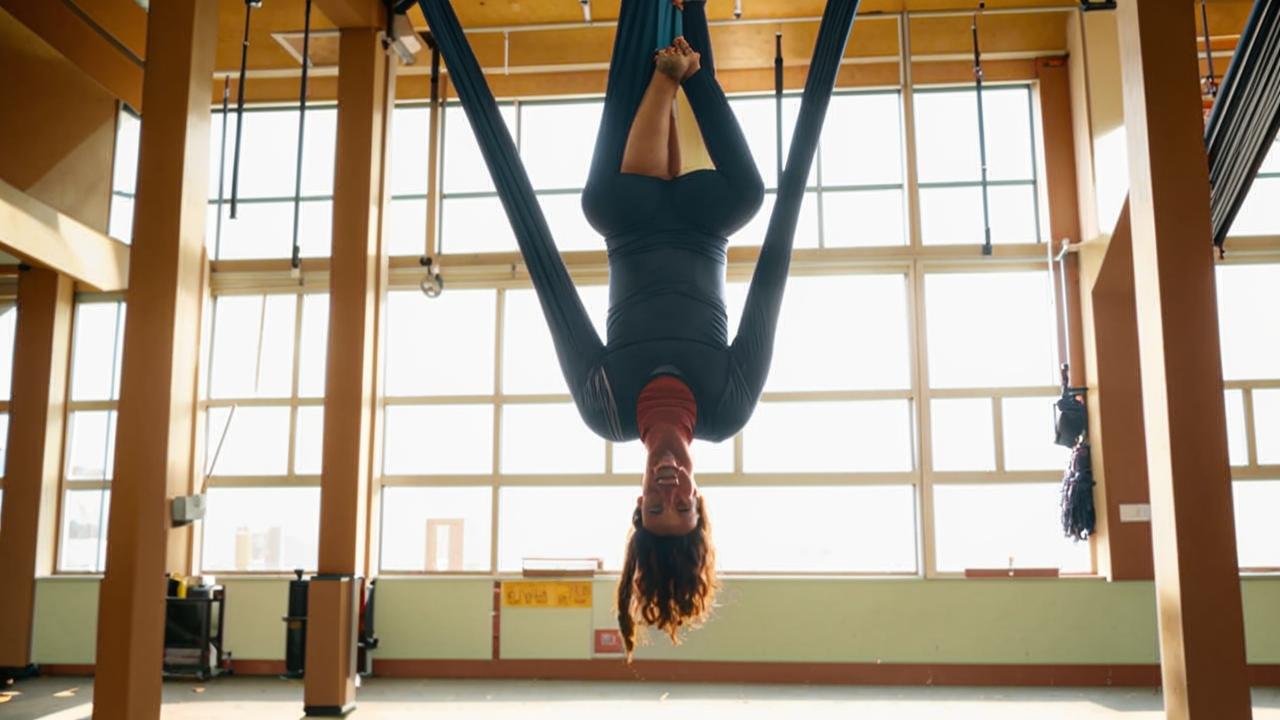
3) Keep regularity and watch your diet
Of course, I highly recommend to keep regularity in exercising and not to eat densely on average two hours before the workout to make it easy, comfortable, relaxed and healthy.

